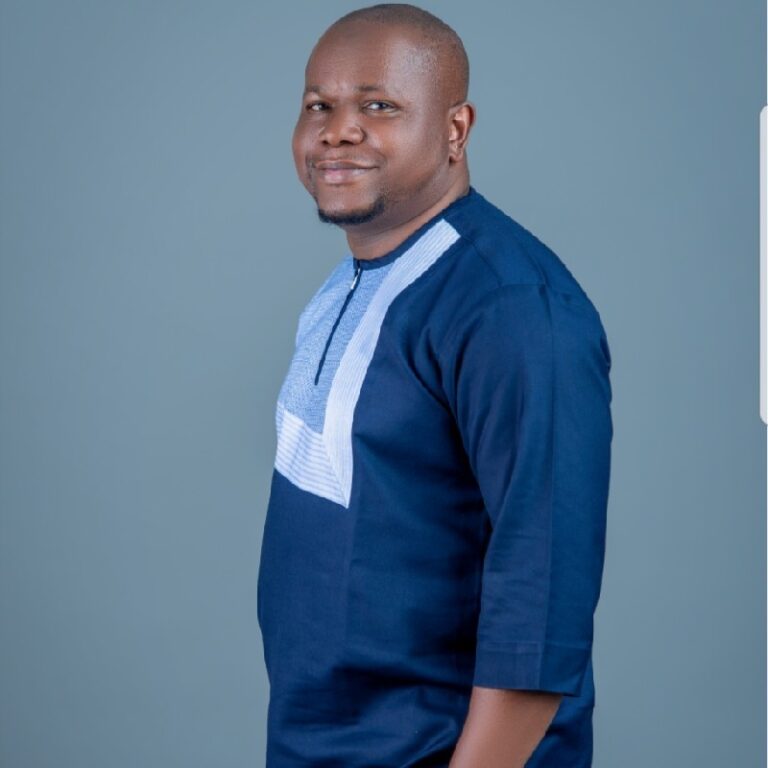In a country where red tape often smothers ambition, a quiet revolution is emerging — one powered not by government decrees, but by young innovators determined to rebuild Nigeria’s business ecosystem from the inside out.
At the recently concluded Nigerian Economic Summit, the spotlight unexpectedly shifted from high-level economic rhetoric to the voices of a new generation — professionals who see technology not as a tool of convenience, but as a weapon against inefficiency.
One such voice, Idris Ayodeji Ibiyemi, stood out with a radical proposition: that Nigeria’s business challenges are not just a matter of poor policy, but of poor design.
Ibiyemi, a management consultant and accounting graduate from Babcock University, painted a striking picture of the daily struggles of small business owners navigating layers of disconnected systems — from the Corporate Affairs Commission (CAC) to the Federal Inland Revenue Service (FIRS).
“We’ve created a maze where every entrepreneur must become a bureaucrat,” he said passionately. “It’s not entrepreneurship that’s hard in Nigeria — it’s the system that refuses to work for the entrepreneur.”
His vision goes far beyond criticism. Ibiyemi has been developing a human-centered digital compliance model built on three simple but transformative ideas:
-
Simplify the language and process so every user — regardless of background — can understand it.
-
Integrate all government agencies into one intelligent workflow that reduces duplication.
-
Automate repetitive steps so compliance becomes a seamless background function, not a monthly struggle.
“Complexity should live inside the system, not on the user’s desk,” he explained. “When compliance is simple, data becomes accurate, and innovation can finally breathe.”
His message resonated deeply, especially among small business owners who have long viewed formal registration and taxation as barriers rather than gateways to opportunity.
Ibiyemi’s approach blends technology, empathy, and economic vision — an uncommon mix in public discourse. Rather than waiting for reform, he embodies the mindset of a new generation building practical pathways toward a smarter economy.
As the summit wrapped up, one truth became clear: Nigeria’s future won’t be shaped solely by those in boardrooms or parliament chambers, but by thinkers who design systems that work for people.
And if innovators like Idris Ayodeji Ibiyemi continue to lead the charge, Nigeria may finally transition from talking about transformation — to engineering it.

